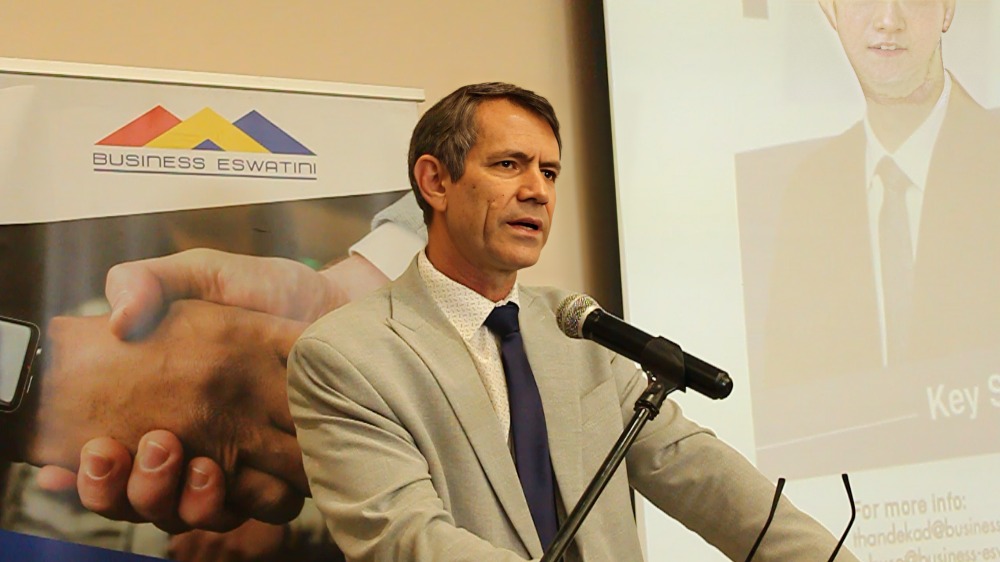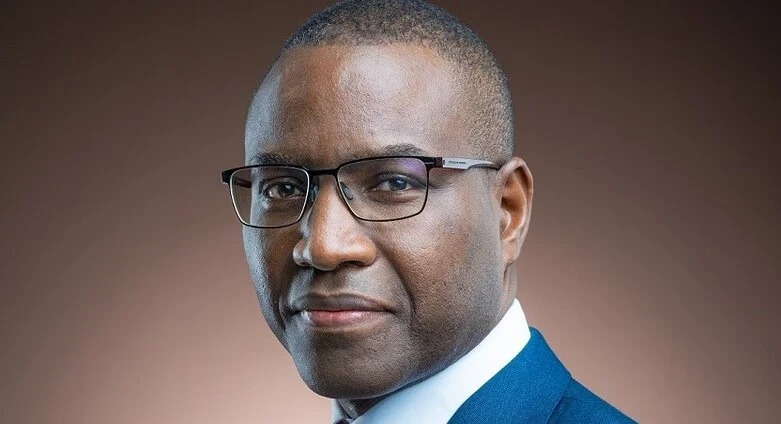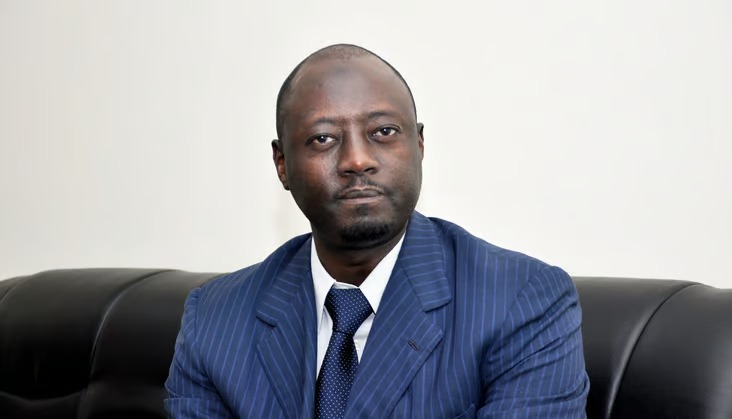
The African Development Bank (AfDB) is set to elect a new President on May 29, 2025—a pivotal moment for the continent’s development trajectory and an opportunity for member countries like Eswatini to shape the institution’s future.
Eswatini’s expectations are guided by its recently approved Country Strategy Paper (CSP) 2025–2028, which aligns with the National Development Plan and the Nkwe Declaration—an ambitious national commitment to sustainable development. Infrastructure development and economic governance remain the key pillars of the country’s engagement with the Bank.
Speaking to this publication, Eswatini’s Minister of Finance, Neal Rijkenberg, expressed optimism about the incoming administration. “The appointment of a new President of the African Development Bank has a positive bearing on Eswatini,” he stated. “We look forward to this new leadership and take this opportunity to commend the outgoing President, Dr. Akinwumi Adesina, for his significant contributions, including establishing an AfDB liaison office in Eswatini.”
Dr. Adesina’s decade-long tenure has left a transformative legacy. Through his High 5s Agenda—Power Africa, Feed Africa, Industrialize Africa, Integrate Africa, and Improve the Quality of Life for the People of Africa—the Bank impacted over 515 million people, including 231 million women. His leadership saw 127 million people gain access to better health services, 61 million to clean water, and 25 million to electricity. The AfDB’s agricultural initiatives mobilized $72 billion, supporting over 101 million people, including helping Ethiopia achieve wheat self-sufficiency.

Financially, Adesina ushered in unprecedented growth, expanding the Bank’s capital base from $93 billion to $318 billion. The African Development Fund also hit a record $8.9 billion replenishment, benefitting 37 low-income countries.
Through the Africa Investment Forum, more than $200 billion in investment commitments were secured. Meanwhile, the Bank prioritized inclusive development by training 1.7 million youth in digital skills, launching Youth Entrepreneurship Investment Banks, and supporting over 24,000 women-led businesses through the AFAWA initiative.
Eswatini’s engagement in the election process goes beyond symbolic participation. As a voting member, the country is actively involved in shaping the Bank’s next chapter. “Our vote is part of a collective effort among member states to determine the direction the Bank will take,” the Minister noted.
Among the prominent candidates is Bajabulile Swazi Tshabalala of South Africa, Eswatini’s largest trading partner. The former AfDB Senior Vice President and Chief Financial Officer is the only female candidate vying for the position. Tshabalala has positioned herself as a continuity candidate, pledging to build on the Bank’s current programmes while championing bold financial reforms.
She brings a perspective that deeply appreciates both the private and public sectors, closely aligning with Eswatini’s growth strategy that centers around public-private partnership. According to Forbes Africa, her campaign centers on strengthening internal governance, expanding private-sector partnerships, and securing the Bank’s long-term financial sustainability.
Even though Minister Rijkenberg chose to refrain from extensive commentary at this stage so as not to pre-empt the outcome of the election process, he said that should Tshabalala be elected, it could offer notable economic benefits and further strengthen diplomatic ties between Eswatini and South Africa. Her deep understanding of regional dynamics and her AfDB experience position her well to appreciate and support the unique developmental needs of smaller economies like Eswatini.
This hints at the Kingdom’s readiness to align closely with whoever assumes the role, but Tshabalala’s candidacy could uniquely position Eswatini to benefit from stronger cross-border partnerships, especially in areas like trade facilitation, infrastructure connectivity, and financial integration.
Another candidate from the Southern African Development Community (SADC) is Samuel Munzele Maimbo of Zambia, a former World Bank Vice President known for his expertise in financial sector development and economic reforms. Maimbo advocates for the accelerated implementation of existing African strategies, focusing on reducing aid dependency and addressing critical issues like infrastructure inefficiencies and energy access.
Given the geographic proximity and economic interdependence of Eswatini and Southern Africa at large, a winner in these two candidates might facilitate greater regional policy harmonization and enhanced access to AfDB resources tailored to Southern Africa’s development priorities. It also creates an opening for high-level engagement on shared goals, including energy cooperation, industrial growth, and youth employment initiatives.

As the May 29 election nears, Eswatini is ready to work collaboratively with the incoming AfDB leadership. The Kingdom sees this transition as a chance to deepen regional cooperation and secure support for its national development agenda.
In a time marked by global economic uncertainty and an urgent need for African-led solutions, the AfDB’s next President will have a formidable task: to navigate a complex landscape of debt distress, climate challenges, and the need for inclusive growth.
Should one of the SADC region candidates come tops, then it would only be the third time in the Bank’s history where a President hailed from the region. Goodall Gondwe from Malawi held the position in 1979-1980 on an interim basis. He was then succeeded by Wila D. Mungomba from Zambia, who held the position from 1980-1985.
AfDB President Candidates
- Mr. HOTT Amadou, Senegal -former Minister of Economy, Planning, and Cooperation for Senegal
- Dr. MAIMBO Samuel Munzele, Zambia -Vice President for Budget, Performance Review, and Strategic Planning at the World Bank
- Mr. TAH Sidi Ould, Mauritania -former President of the Arab Bank for Economic Development in Africa
- Mr. TOLLI Abbas Mahamat, Chad – Former Minister of Finance & Budget of Chad
Ms. TSHABALALA Bajabulile Swazi, South Africa -former Senior Vice President of the African Development Bank Group
